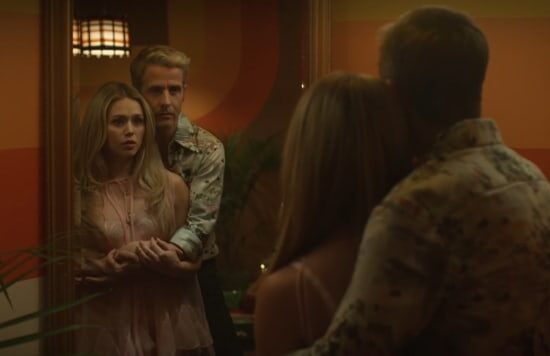
Everyone knows writing and acting are two significant parts of success when producing a movie. However, the sets and locations can make all the difference for a viewer.
How do filmmakers pick their sites? They send scouts to locations worldwide and gauge where the best places are for their films. Use this guide for seven secrets in smart location scouting.
1. Consider the Film
The first step in location scouting is to consider the type of film you’re producing. Use the script to determine the right filming sites. Plots based on past centuries will be much harder to plan for, especially when going back several decades or centuries.
For example, finding architecture that authentically resembles the Renaissance can get quite tricky. Often, location scouts have to get creative when searching for film locations.
2. Be Logical
Whatever location you need, you’ll want to be logical with your choice. For example, scouts should choose rural areas relatively close to a city for the convenience of the cast and crew. Establish a central hub for everybody working on the set and keep all filming sites near this location for everybody’s ease.
Plus, making a film can be unpredictable. A cast member may have an injury or you miss the limited time available for filming. Pick sites that are logical for filming. The cast and crew are already working long days — you don’t want to work them any harder than necessary. Filmmakers should also account for transporting actors and equipment to and from filming locations.
3. Research the Area
Once you’ve decided on a location, it’s time to research. Scouts should leave no stone unturned when researching — it may be necessary to exhaust multiple options in the surrounding area. You don’t have to stick with the first location you find. Providing several choices is wise to ensure the crew gets the best shots possible.
For example, say you need a garden scene, and you select Philadelphia as the location. The City of Brotherly Love has numerous gardens throughout the metropolitan area. Bartram’s Garden would be an excellent filming location, but other sites like the Nemours Mansion and Longwood Gardens may make more sense for the movie.
4. Visit the Location
Research is vital for film scouting, but someone will need to visit the location to gauge the land accurately. Pictures can help you see the landscape, but the photographs may be old. Seeing the site in person provides a 3D view and sparks ideas for filming. Sometimes, the preferred location isn’t what you thought it would be, requiring the team to use a backup plan.
When a scout visits the location, they should take detailed notes of everything. In movies, the tiny details are significant, so be vigilant of every nook and cranny in a building and outdoor setting. It’s also wise to check out the filming site throughout the day. It may look adequate with the morning light, but how does that change when it’s the afternoon and closer to sunset? The lighting can positively or negatively affect the scenes filmed in this location.
5. Utilize Public Records
After finding the best locations for a movie, filmmakers need to acquire permission from the property owner before they can set up shop and start filming. You’ll also likely need a permit from the city or state you’re filming in. To figure out the permit process or who the crew needs to contact to get permission, look to public records.
In the U.S., many states have databases to show who owns what properties. The details can be complicated, with different companies holding various buildings in an area. Filmmakers can use the internet to find the information they need. For example, Miami-Dade County in Florida allows you to research properties, see ownership and assessments and more.
6. Scout for Other Movies

When scouting for a movie, your mind is likely laser-focused on the film you’re producing. Scouted locations might not work out for this film, but don’t disregard them forever. Keep every contact you acquire in a file because you never know when you’ll need it later.
Even if it’s a business card from a bar, keep it handy for future films. You or a friend in the industry may need the location later.
7. Remember, Less Is More
Independent films often have a tight budget, meaning every dollar matters regarding production. Filmmakers may have ideas for numerous scenes shot in various locations, but it can be significantly easier to select one site to shoot most of your settings.
Remember that less is more in the film industry. The best option for your budget is to film all the scenes in one location, especially if your movie requires international travel for the crew.
Scouting Locations for an Independent Film
The scenery can make or break a movie. Films like “Lawrence of Arabia” and “The Lord of the Rings” are renowned for their beautiful location shots.
If you’re producing an independent film, location scouting is one of the most critical parts of developing the movie. You’ll need to be creative and logical to consider the needs of your film, cast and crew.















